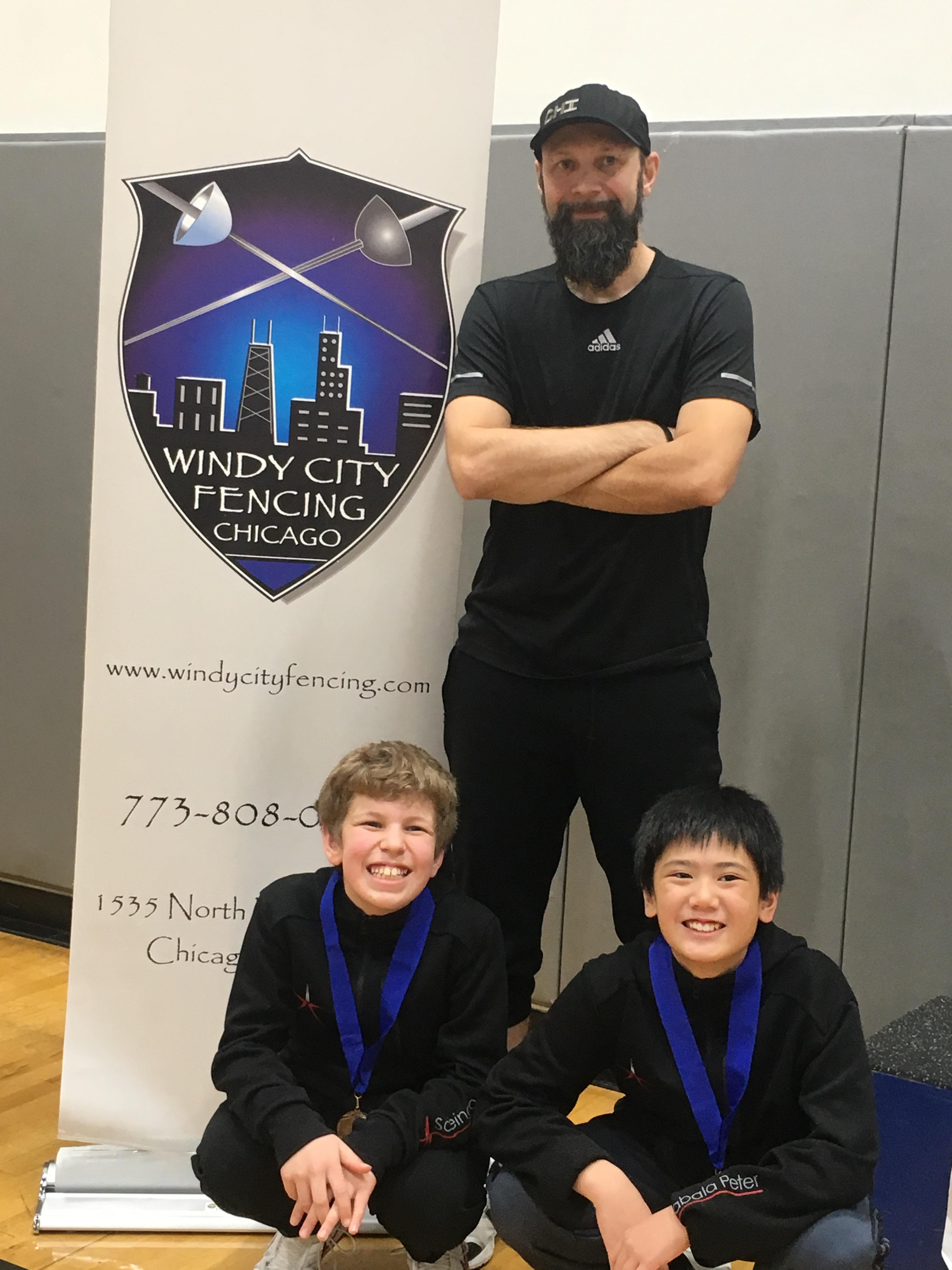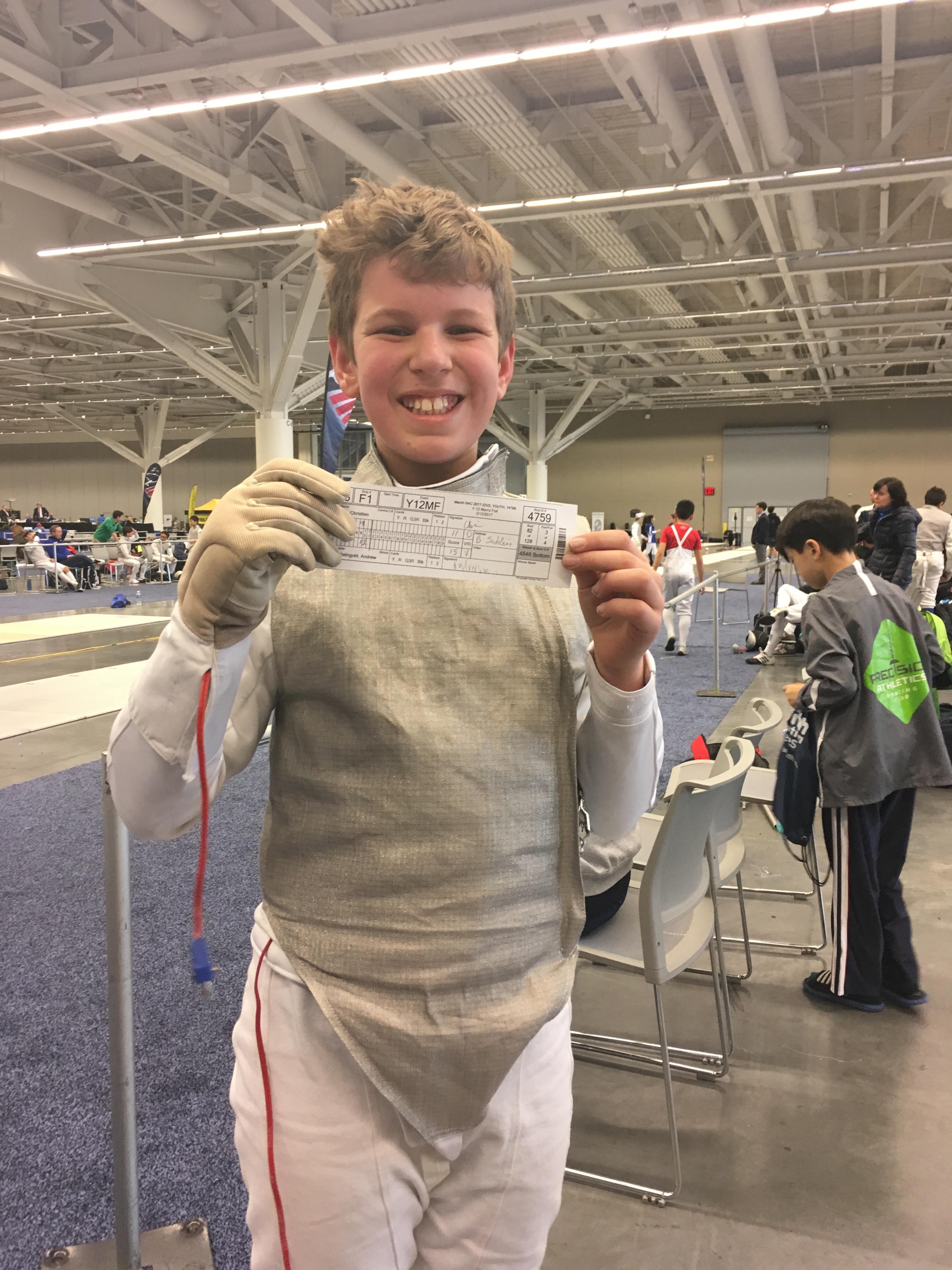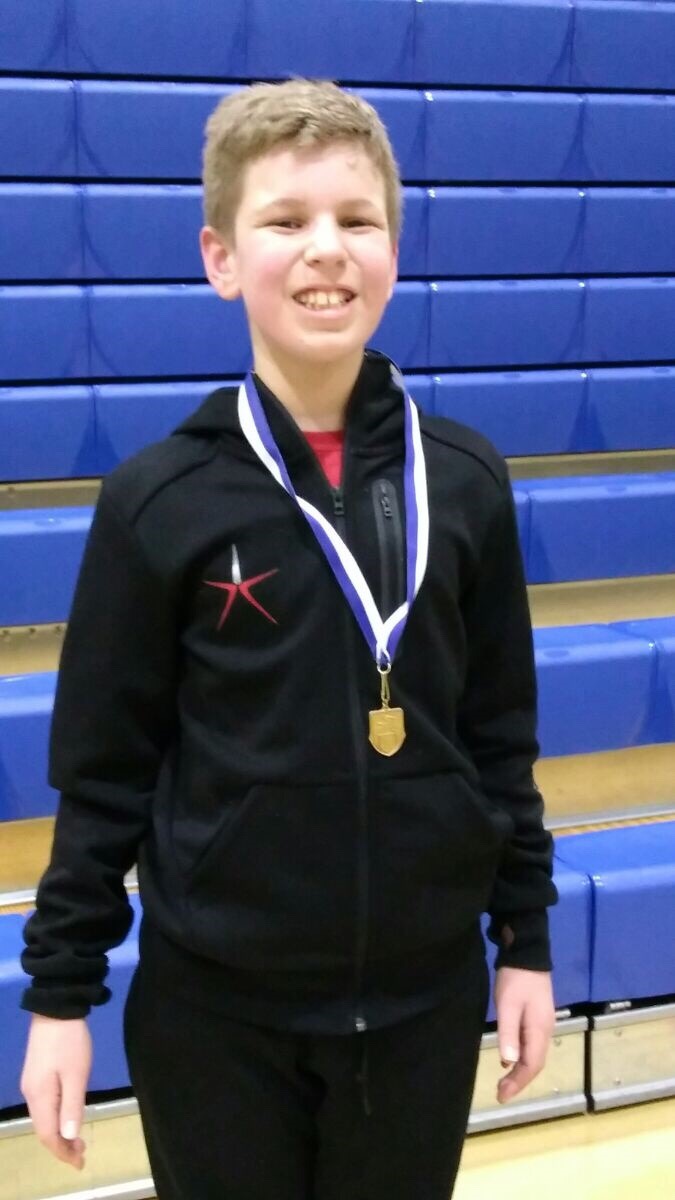-
Home / themoreiknowme
/ Blog
Was this valuable to you?
other links and editorials from Andrew

In the London Olympics of 2012, I started to watch fencing. I liked watching it, so my mom signed me up for a class at RedStar Fencing. Ever since then, fencing has been a major part of my life. When I first started, it was hard because I was only 7; but now I have improved so much. Fencing has taught me a lot of values –
Intelligence
Fencing builds upon your intelligence. Everyone at fencing is very intelligent – which is a critical trait to be a successful fencer. In a bout, you have to know what your opponent will do and how to defend their attack – and know it very quickly. There are many actions people will do – attacks, counter attacks, parry-riposts, counter parry-risposts, and remises…to name a few. You have to be quick and precise when you do your action because, if you are slow, the opponent will read it and quickly to another action.
Another thing to know is the score is to five in pool bouts, so you have to be very quick, because if the time runs out, whoever has the most touches wins. This makes fencing very difficult. Also, when you hit below the waist or arm (in sabre or epee, you are allowed to hit the arm and in epee, you can hit wherever you want), it is of target or a valid hit, so you have to be careful about where you hit. It is a very smart sport – some call it the athletic version of chess.
Learning to Deal with Defeat
Dealing with defeat is an important concept with fencing. This especially applies to a tournament. I remember my first competition. In the last bout, I do not think I had one touch!! Even at practice, I have cried when I lost bouts. It is important when you fence to keep calm when you lose. As my coach Peter told me to do: If you are happy with winning or mad or sad of defeat, keep a straight face and shake the opponent and referee’s hands. This will tell the opponent if you are nice or a mean person and whether they can hang out with you or not.
It is very hard sometimes to be calm. This approach can transition into life, such as school. You can stay calm and know what you have to work on when you get a bad grade or a loss at fencing…but, you cannot let your emotions get to you. Know that you will not always win, but if you learn you learn from your defeat, you may not always lose either.
Refocusing your Emotions
In fencing, you may get down count in your bout and let your nerves get in a bout. You then have to refocus your brain. What happens to me is that I may think my competitor is very good. My emotions get out of control and I have no confidence in myself to win the bout.
Peter Habala, my coach had one way that helped. He had me bring “Good Andrew” my competition in Columbus at the Arnold Fencing Classic. He had me do it when I was down count and had lost two bouts that I should have won. He told me to bring out “Good Andrew,” and, it worked in the rest of my pool! (which is where they determine where you are seeded for the direct elimination round).
It is important to think confidently and do what you know and not worry about emotions when you fencing.
You Can Do Anything – with Hard Work
My final value I learned with fencing is knowing I can do anything. For example, just last weekend at the (probably later when you read this), I was in Columbus Ohio at the Arnold Fencing Classic. I was fencing very difficult people in Y14, an age level above myself. I fenced a very strong fencer with a C rating – I did not know him so I thought I could beat him. I did not, but I surprised myself and had 3 touches on him! Later, I found out his rating and was very proud of myself.
I was not sure how I would do in Y14 (which is what everyone else thought), but I won 4 out of 5 of my bouts and was seeded 10th going into the direct elimination round, 2 places away from a medal. Now this all did not happen instantaneously, it took much training and four years of working hard at the practice. This also motivated me to do exercises, like doing push-ups, chin-ups, and pull-ups at home, and sit-ups, push-ups, running, and super-mans at practice.
I remember coming from nothing to this. I out first did not even do the warm-ups and footwork right, but now I am doing everything correctly and focusing on it a lot. I then knew I could beat anyone if I put my mind to it!
This is all why fencing is such a great, but difficult sport and why I like it a lot. It teaches many skills you need to know in life. So, maybe you should try fencing. Just keep in mind that it is not like basketball, football (American football that is), or soccer (futbol). Fencing is a sport for the mind. Go ahead and try it!!
.JPG)



About Blog
My Blog! It's awesome. Travel, fencing, learning. Why don't you read some of my articles and add some of your own? Please? :)


Pop pop and I would love to see a match one day. It looks so cool!
Thanks for the comment. Can't wait to see you this weekend!